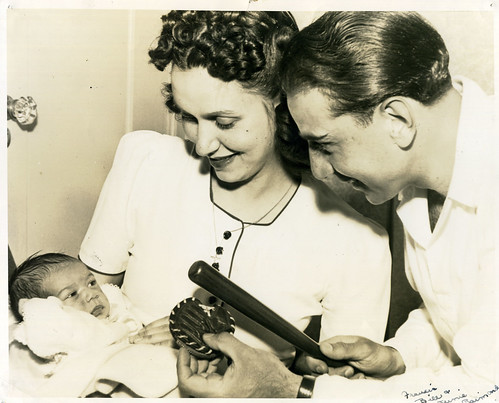I’m pleased to present a bonus guest post from Gerry Garte, who recently volunteered to contribute here every other Friday. Gerry sent this post early because it references the World Series, which heads to Game 4 this evening.
_________________
Manager Buck Showalter said it before Game 2 of the World Series: Bullpens do not belong on the field of play.
Amen.
A fielder in full pursuit of a fly ball — while looking upward to track it – can find himself in foul territory amid an obstacle course of pitching mounds.
Is there a rule restricting bullpens from the field of play? No.
But the challenge presented to fielders is significant, and the hazard as obvious as a pile of dirt.
Although bullpens on the field of play were common in the game’s earlier years, as new parks were built most stadiums placed the bullpens behind a fence and off the field of play.
This issue arises again because AT&T Park, home of the National League champion San Francisco Giants, is one of only five current Major League stadiums that have on-field bullpens.
The curious point is that the beautiful Giants’ ballpark was built only 10 years ago, and baseball has known for many years that on-field bullpens can be an impediment to play.
The other ballparks with on-field bullpens are Wrigley Field (Cubs, 1914), Oakland-Alameda County Coliseum (A’s, 1968), Tropicana Field (Rays, 1998) and Petco Park (Padres, 2004).
We can understand Wrigley Field being on the list, and maybe Oakland, too. But those other three ballparks are much newer.
A point can be made that the tarpaulin, used to cover the infield, can also be a hazard because in many stadiums they are stored on the field of play. But unlike tarps, warm-up mounds are much smaller and harder for a fielder to negotiate as he attempts to catch a ball.
It may be that these newer stadiums wanted to re-create the feel of an older ballpark. Or, more likely, the ball club wanted to find more seats for paying customers, and made a choice between income and field integrity.
Umpiring and Cameras
As a life-long baseball fan, the issue of using TV cameras to improve umpiring calls is hard to ignore. I am from the sect of baseball fans that believes in getting the call right.
The NFL has led the way in this department. Coaches are offered three challenges per game. TV cameras provide many views — sometimes it’s a clear view of a missed call.
Making corrections to referee errors is accepted and often appreciated by football and its fans. Cameras enhance the quality of calls; hence, the integrity of the game.
How can a limited-use of TV cameras be bad? We’ve all seen many poor umpiring calls the past few years.
The technology is available to improve the Major League product. Getting the call right – through competent video assistance — should be baseball’s overriding concern.
_________________
Email Gerry Garte at garte@comcast.net
